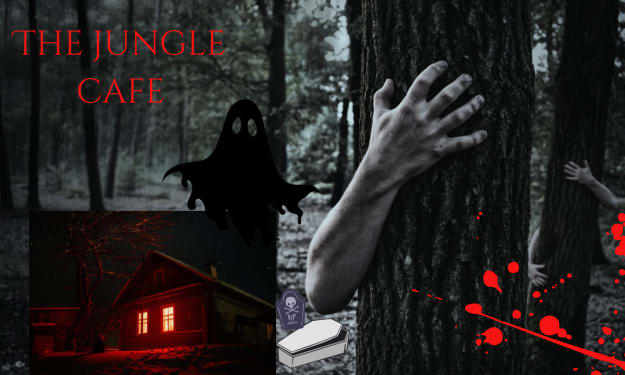The Hungarian Suicide Song - A Chilling Tale of Tragedy
A love song that kills?

Music has always been a part of human life. We use music to uplift our spirits, celebrate life events, and get through tough times. But can music also drive someone to take their own life? One song that has been connected to a string of suicides is "Gloomy Sunday" also known as the "Hungarian Suicide Song."
The origins of "Gloomy Sunday" are shrouded in mystery. It was composed by Rezso Seress, a Hungarian songwriter, in the early 1930s. Seress was said to have been going through a tough time in his life when he wrote the song after his girlfriend left him. He teamed up with Laszlo Javor, a poet, who added lyrics to the melody. The song was first performed in 1933 in Hungary, but it wasn't until two years later that it gained notoriety.
Rumors began to spread that the song was cursed, with some claiming that listening to it would drive people to take their own lives. In Vienna, a teenage girl drowned herself while clutching a piece of sheet music. In Budapest, a shopkeeper killed himself and left a note that quoted from the lyrics of the same song. In London, a woman overdosed while listening to a record of the song over and over.
The lyrics of "Gloomy Sunday" are melancholic, and the music is hauntingly beautiful. The song's first verse sets the tone:
"Sunday is gloomy, my hours are slumberless
Dearest, the shadows I live with are numberless
Little white flowers will never awaken you
Not where the black coach of sorrow has taken you"
The rest of the song continues with similar despair, as the narrator contemplates joining their loved one in death.
"Gloomy Sunday" has been linked to over 100 suicides, and many have speculated that the song's melody and lyrics can drive people to take their own lives. However, there is no scientific evidence to support this claim. Suicide is a complex issue, and it is unlikely that a single song can trigger suicidal thoughts or actions.
The composer of the song, Rezso Seress, did take his life in 1968, jumping from the window of a Budapest apartment building. Some say the success of his greatest hit may have been a contributing factor to his suicide. Seress once wrote of his conflicted emotions towards his morbid masterpiece
“I stand in the midst of this deadly success as an accused man. This fatal fame hurts me. I cried all of the disappointments of my heart into this song, and it seems that others with feelings like mine have found their own hurt in it.”
Despite the song's association with suicide, there are some who believe that its reputation has been exaggerated over the years. The song's composer himself, Rezso Seress, denied that the song had any negative effects on listeners, stating that it was meant to be a melancholic love song and not a call to end one's life. However, the lyrics and melody of the song are undeniably haunting, with a mournful quality that can easily evoke feelings of sadness and despair.
The origins of "Gloomy Sunday" may be shrouded in mystery, but its impact on popular culture is clear. The song has been covered by countless artists and featured in numerous films and TV shows, often in scenes that depict moments of great sadness or tragedy. Its enduring popularity is a testament to the power of music to evoke strong emotions and connect with people on a deep, emotional level.
Despite its reputation as the "Hungarian suicide song," "Gloomy Sunday" remains a beautiful and haunting piece of music, one that continues to captivate and move listeners nearly a century after its composition. While the stories of its deadly impact may be more myth than reality, the song's melancholic beauty and haunting melody ensure that it will remain a powerful symbol of sadness and loss for generations to come.
About the Creator
Joshua Wilson
Exploring the unexplored. 🌌🔍🔮
Facebook Account - Joshua Wilson
Enjoyed the story? Support the Creator.
Subscribe for free to receive all their stories in your feed. You could also pledge your support or give them a one-off tip, letting them know you appreciate their work.
Reader insights
Nice work
Very well written. Keep up the good work!
Top insights
Easy to read and follow
Well-structured & engaging content
Expert insights and opinions
Arguments were carefully researched and presented
Masterful proofreading
Zero grammar & spelling mistakes
On-point and relevant
Writing reflected the title & theme






Comments (1)
I'd never heard of it, and now I am intrigued. Maybe I'll give it a listen 😁